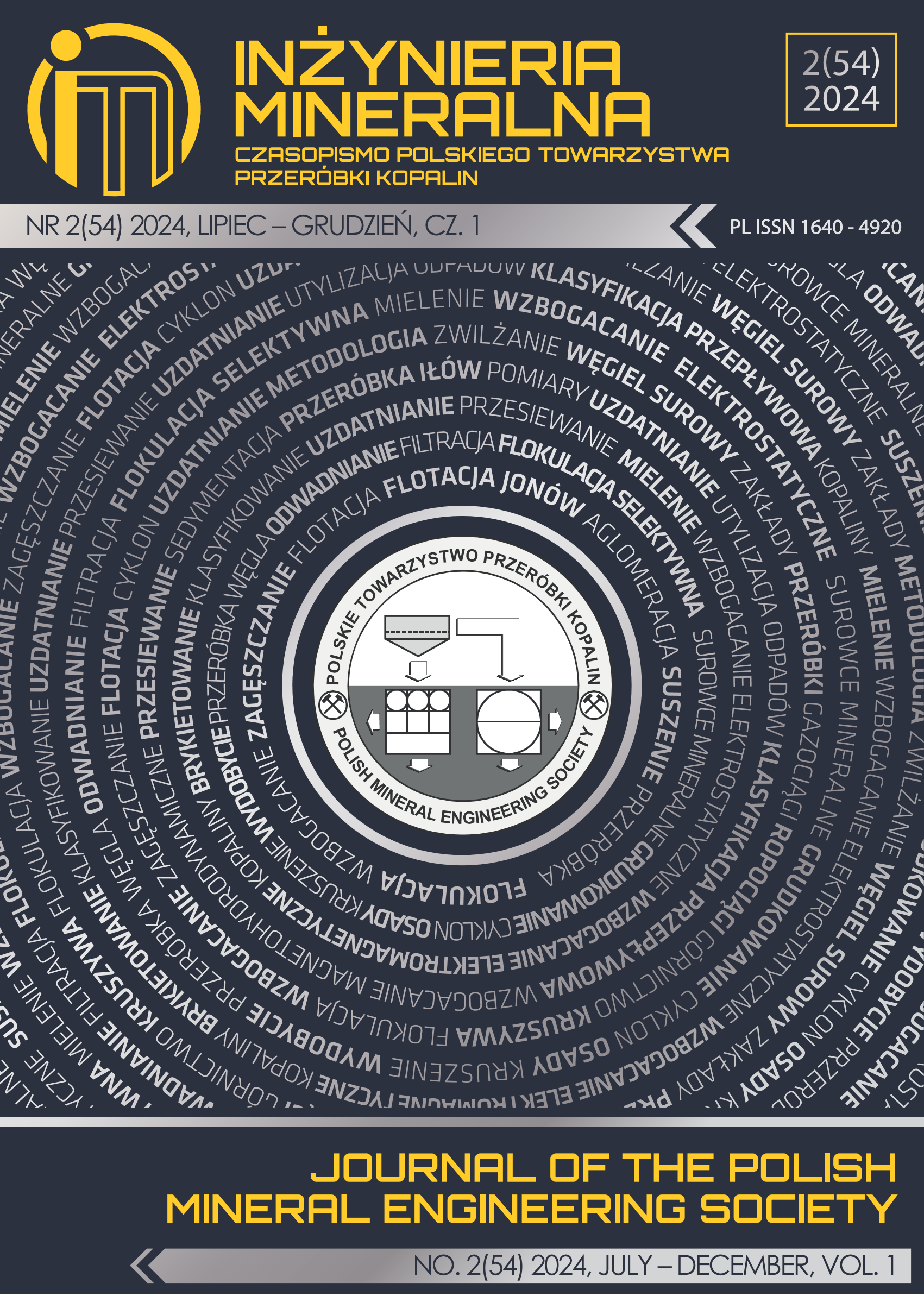Wpływ biodegradowalnej dekstryny LU-1400-2 na wybrane właściwości zapraw cementowych
Abstrakt
"This paper presents the results of a study on the effect of fully biodegradable modified starch in the form of LU-1400-2 dextrin
(denoted d2) and two commercial plasticizers P1 and P2 on selected properties of cement mortars. The studied cement mortar was
enriched with 0.25%, 0.30%, 0.35%, and 0.40% d2 dextrin, relative to the weight of the cement. The tests carried out indicate that the
addition of dextrin to cement mortars results in an increase in strength (a 9% increase was observed with 0.25% dextrin) and
liquefaction of the mixtures. However, commercial plasticizers were found to decrease compressive strength. Starch derivatives are a
type of natural plasticizer that is more environmentally sustainable than other types. They are produced from renewable sources, such
as plants, and their production generates less waste and involves low greenhouse gas emissions. They are produced from renewable
sources, such as plants, and their production generates less waste and involves low greenhouse gas emissions. Preliminary studies
suggest that dextrins have great potential as natural plasticizers. The increasing popularity of natural plasticizers in the chemical and
construction industries is due to a growing interest in sustainability and concern about the harmful effects of traditional chemical
plasticizers."
Czasopismo pozostawia część majątkową praw autorskich autorowi.
Czasopismo zezwala autorom i zachęca ich do zamieszczania swoich artykułów na prywatnych stronach internetowych oraz w instytucjonalnych repozytoriach. Dotyczy to zarówno wersji przed opublikowaniem, jak i wersji po publikacji. Udostępniając swoje artykuły są zobowiązani do zamieszczenia szczegółowych informacji bibliograficznych, w szczególności (o ile to tylko możliwe) podania tytułu tego czasopisma.







.png)
